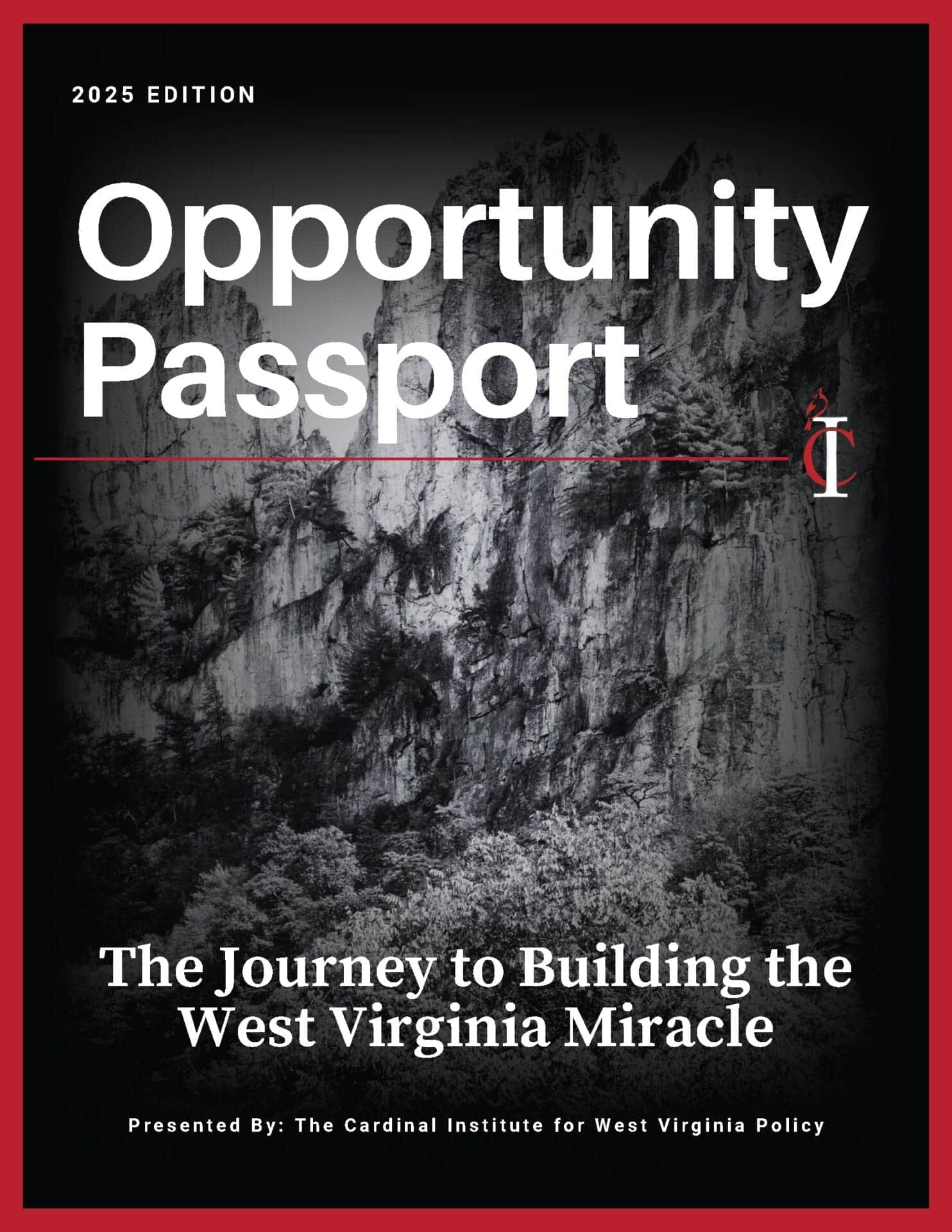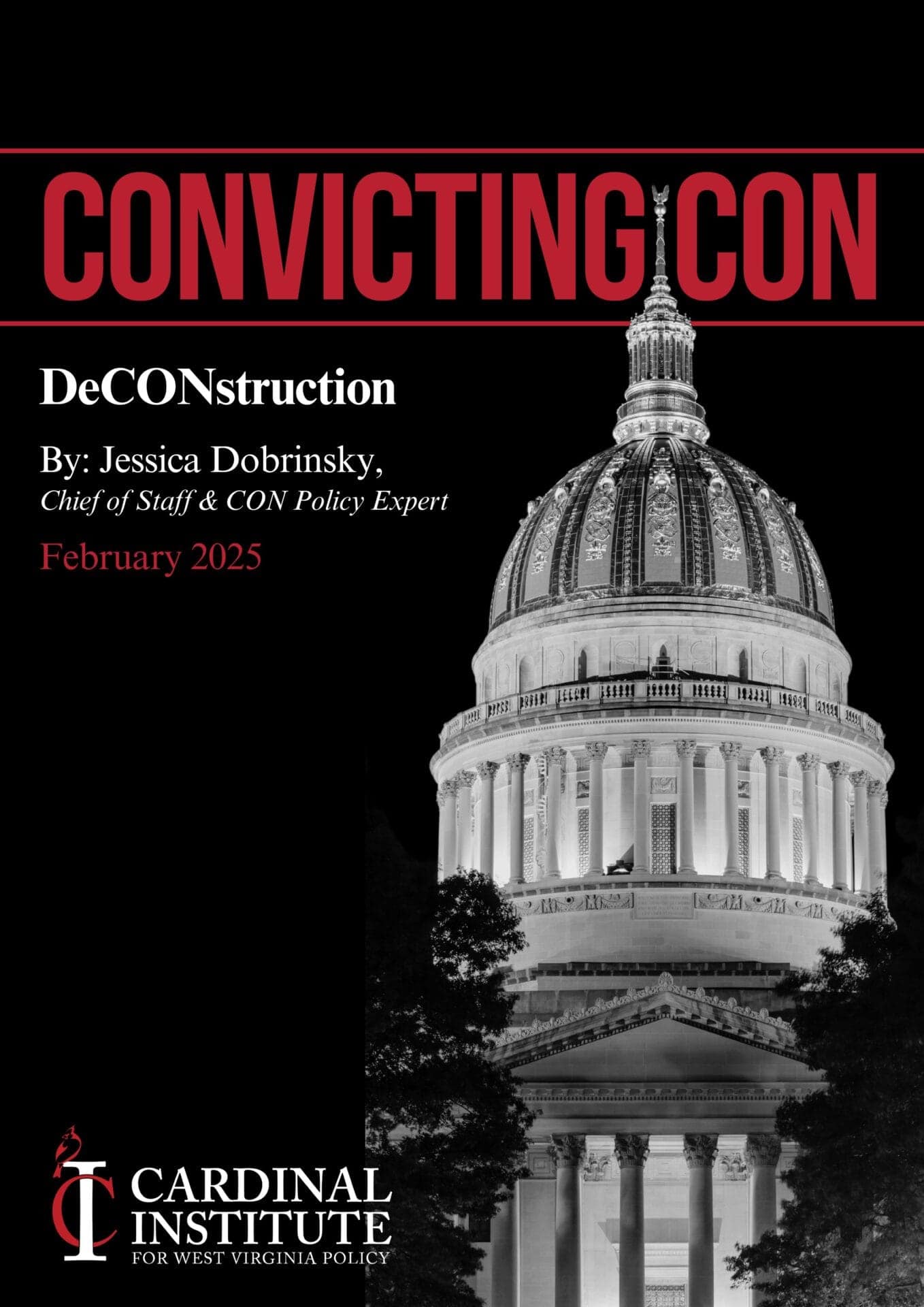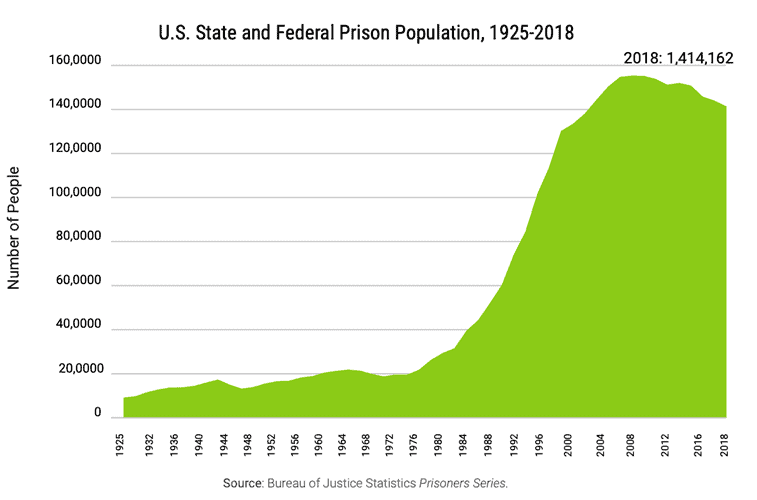
Occupational Licensing Is A Criminal Justice Issue
Cardinal Team
Licensing and Justice
Occupational licensing is a criminal justice issue. Aggressive legal strategies have left many individuals incarcerated. Once they’ve served their time, they attempt to re-enter the workforce. Regardless of any changes an individual has made in their personal life, occupational licensing often prevents them from finding work. Even minor felonies and some misdemeanors can have a large negative impact on their ability to find employment.
The American criminal justice system should promote accountability, rehabilitation, and redemption. Those who exit the criminal justice system should be provided a second chance and restored liberty, not social stigma and regulatory barriers.
West Virginia has one of the highest incarceration rates in the country with 690 out of every 100,000 people finding themselves behind bars and 179 out of every 100,000 females being imprisoned.
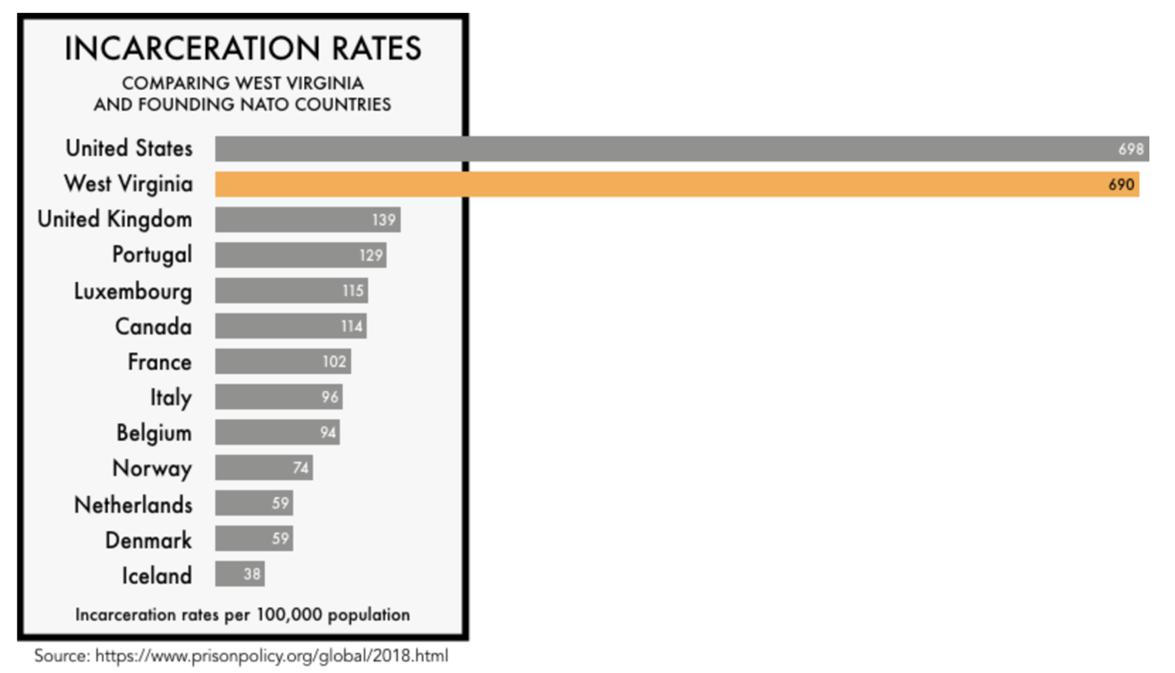
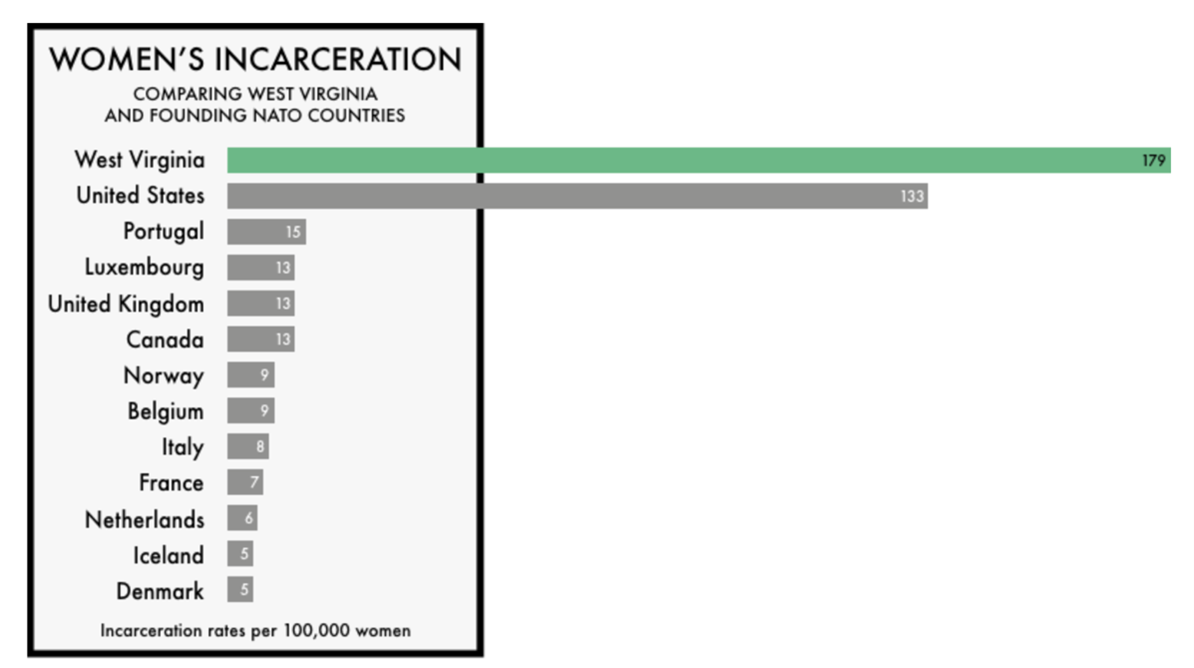
In addition to our high incarceration rates, West Virginia has continually ranked last in labor force participation. Our rate floats around 50%. In other words, only one out of two adults in West Virginia either has a job or is even looking for a job.
Seventy years ago, only 5% of workers required licensure to do their job and today, 30% of all workers hold a license for their job. In this same time period, the prison rate increased by 500% due to regressive policies that implemented mandatory sentencing and over criminalized Americans. As a result, 1 in 3 Americans have a criminal record. This makes it difficult to enter the workforce for many people.

The Law Makes Occupational Licensing A Criminal Justice Issue
West Virginia Code § 30-1-24 states that “an individual with a criminal record who has not previously applied for licensure may petition the appropriate board at any time for a determination of whether the individual’s criminal record will disqualify the individual from obtaining a license.”
Licensing boards cannot disqualify an applicant because of a criminal conviction unless it has a “rational nexus” (enacted in 2019) to the desired occupation. However, a board in West Virginia is not required to provide a written reason for the denial. This leaves ample opportunity for denial based on convictions, regardless of severity or relevancy to the licensure.
Limiting opportunities negatively impacts recidivism rates and pushes those working to turn their lives around back into poor lifestyle habits. From 1997 and 2007, recidivism rates grew by 10% in states with the heaviest licensing burdens. In states with the lowest burdens, recidivism rates shrank by 2.5%.
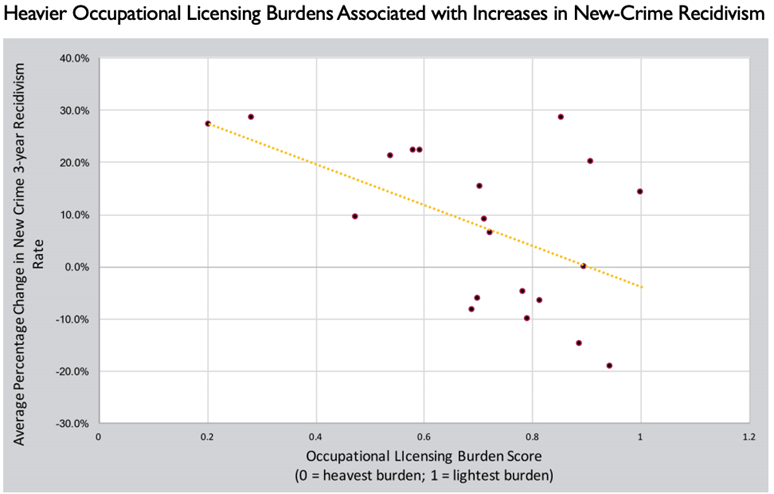
Let’s Reform Occupational Licensing AND the Criminal Justice System in West Virginia
April is “Second Chance Month.” Although the state legislative session has ended, we should still have conversations that embolden policymakers to tackle this issue that affects our state.
Reforms to reduce barriers to work should be a policy priority. Strict licensing guidelines only make it more challenging to gain employment, and they over-criminalize those who seek a better future. Occupational licensing reform is overdue in West Virginia.
Take the “Getting Talent Back to Work” assessment to see how hard it can be for those coming out of the criminal justice system to find work: https://www.gettingtalentbacktowork.org/
Jessica Dobrinsky is the Policy Development Associate for the Cardinal Institute for WV Policy.





